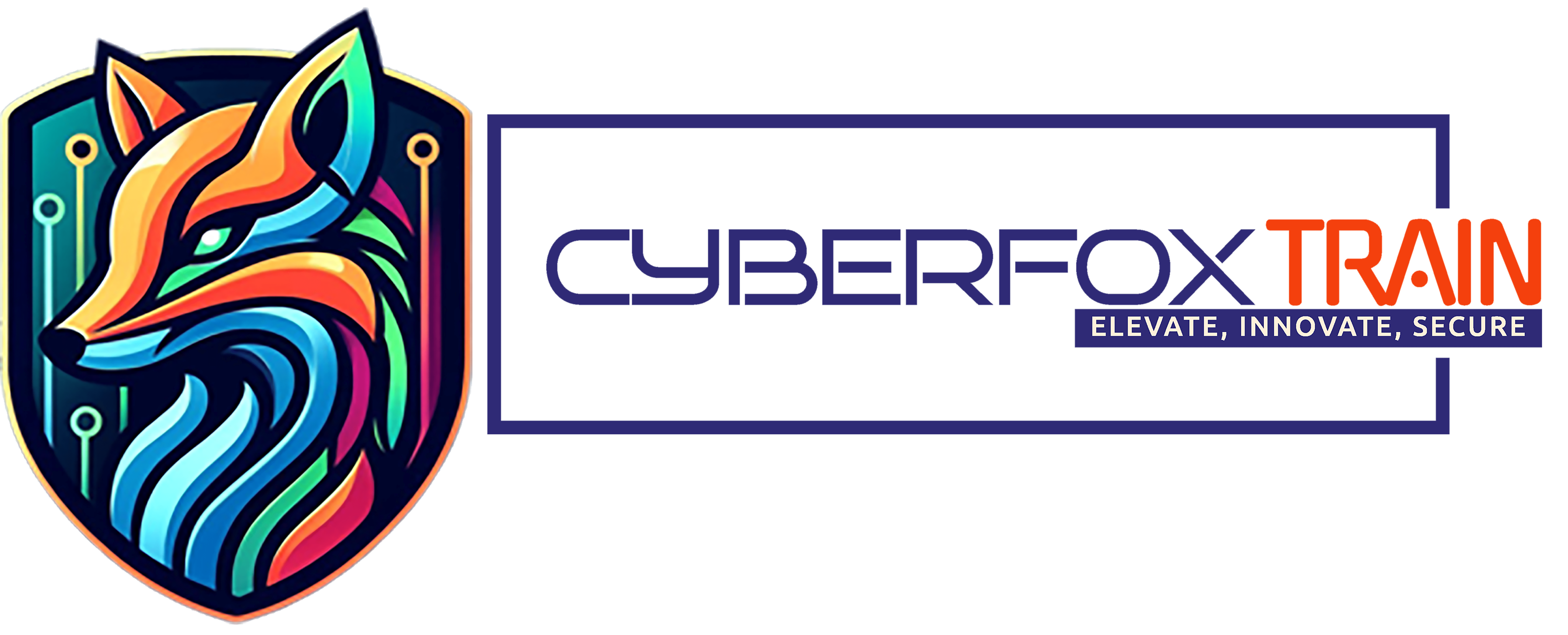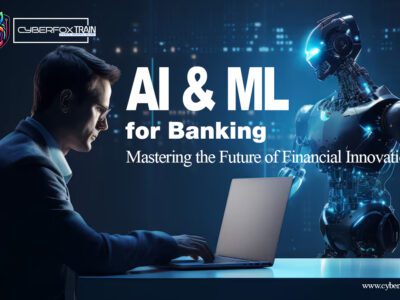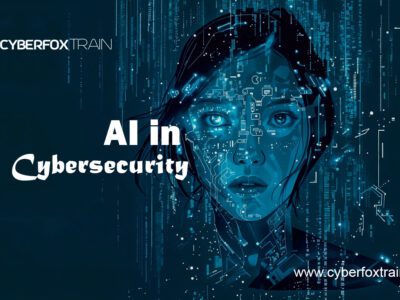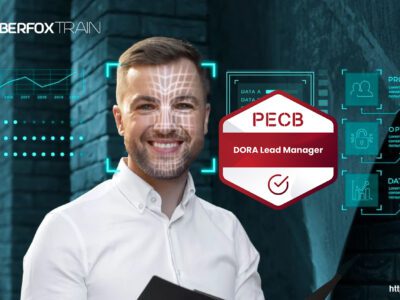EC-Council’s blockchain certification courses are curated by experts to support the growing demand for skilled blockchain professionals. These programs have been designed to meet the industry requirements of developers, business leaders, and fintech professionals in this rapidly growing area.
Our blockchain certification courses consist of three knowledge and competency areas: development, implementation, and strategy. During the course, students get exposure to multiple blockchain implementation concepts and a unique guideline for sustainable and scalable blockchain development using quantum-resistant ledgers.
The course aims to provide developers with a comprehensive understanding of blockchain technology, including its impact and applications in business and finance. Students will learn about cryptography, cryptomining, quantum computing, blockchain project implementation, Ethereum, and more.
Key USPs of the Blockchain Developer Certification
- The BDC program includes over 13 projects on blockchain applications to equip students with practical experience.
- The program focuses on the future of blockchain and how it interacts with other emerging technologies like AI, machine learning, and IoT.
- The curriculum delves deep into multiple blockchain frameworks
- The course is replete with assignments and alternative testing methods to keep students engaged in topics beyond the program.
- The BDC is authored and endorsed by bestselling authors and subject matter experts in the blockchain field.
- The course offers practical advice on how and when to use blockchain in any industry.
Who Is It For?
Software engineers, programmers, project managers, network administrators, and other technical professionals interested in integrating blockchain applications and architectures into their organization.
Prerequisites:
Candidates must have:
- General awareness of business management processes
- Basic knowledge of computers
- Access to a Linux machine that can be configured as a virtual machine
COURSE OUTLINE
- Module 1: Introduction to Blockchain Technology
- Module 2: Cryptography and Technology Details
- Module 3: Impact on the Financial Sector
- Module 4: Bitcoin
- Module 5: Blockchain Project Implementation
- Module 6: Security in Blockchain
- Module 7: Cryptomining
- Module 8: Ethereum
- Module 9: Other Cryptocurrencies
- Module 10: AI and Blockchain
- Module 11: Blockchain as a Service
- Module 12: Open-Source Business Blockchain Frameworks
- Module 13: Python for Blockchain
- Module 14: JavaScript for Blockchain
- Module 15: Java for Blockchain
- Module 16: Blockchain Online IDE
- Module 17: Industry Use Cases
- Module 18: IoT and Blockchain
- Module 19: Decentralized Applications (dApps)
- Module 20: Future of Blockchain
- Module 21: Quantum Computing and Blockchain
What You’ll Learn
- The structure and elements of a blockchain network, including how decentralization works
- Hashing and consensus algorithms and their role in blockchain networks, including proof-of-work (PoW) and proof-of-stake (PoS) consensus mechanisms
- The benefits of using blockchain technology and how to determine whether blockchain is the right solution for your business
- Blockchain scalability issues and how to resolve them
- Digital currencies, including different types of cryptocurrency assets, the tokenization process, and how leading cryptocurrencies (e.g., Bitcoin, Altcoin, Litecoin, Zcash) work COURSE OUTLINE
- The structure and components of the Bitcoin network and how it works
- Bitcoin’s limitations, variants, and clients
- Bitcoin cryptomining and its relation to PoW consensus mechanisms
- The processes and tools used in cryptomining, including cryptomining algorithms like Equihash and CryptoNight
- Blockchain development in Python, JavaScript, and Java
- The elements of the Ethereum ecosystem
- How to work with Solidity and Ethereum, including how to use Solidity IDEs like Remix and EthFiddle and create private blockchain networks using Ethereum
- How to build secure smart contracts with Ethereum and Solidity, including vulnerabilities in smart contracts and how to mitigate them
- Formal verification of smart contracts
- Permissioned and permissionless blockchains
- How to work with the Hyperledger Fabric framework
- Deep dive into blockchain projects (including Fabric, Iroha, Burrow, and Indy)
- Privacy and confidentiality in blockchains
- Decentralized autonomous organizations (DAOs)
- How to design blockchain-based identity solutions
- Machine learning and blockchain technology
- Intelligent smart contracts and the convergence of blockchain and AI
- The basics of the IoT, how to achieve convergence between IoT and blockchain, and the Blockchain of Things
- How blockchain is used in healthcare, fintech, and supply chain contexts
- Blockchain as a Service
- The fundamentals of quantum computing and how quantum computing will affect blockchain networks
- The future of blockchain technology and open research issues
Labs and Projects*
- Exploring blockchain through the Bitcoin command-line interface (bitcoin-cli)
- Setting up a private net and cryptomining
- Installing Namecoin Client and creating a Namecoin record
- Remix IDE deployment and testing
- Using Solidity, Truffle, and Ganache to create a new coin
- Notarizing and hashing documents with proof of idea
- Alternative blockchain smart contract deployment
- Finding a bug in a Solidity program
- Using Python, Java, and JavaScript for blockchain development
- Running Ganache with Metamask
- Building a simple productivity app with blockchain
*Note: These will be self-paced activities with detailed instructions for students.
Course Features
- Lecture 0
- Quiz 0
- Duration 5 days
- Skill level All levels
- Language English
- Students 0
- Assessments Yes






